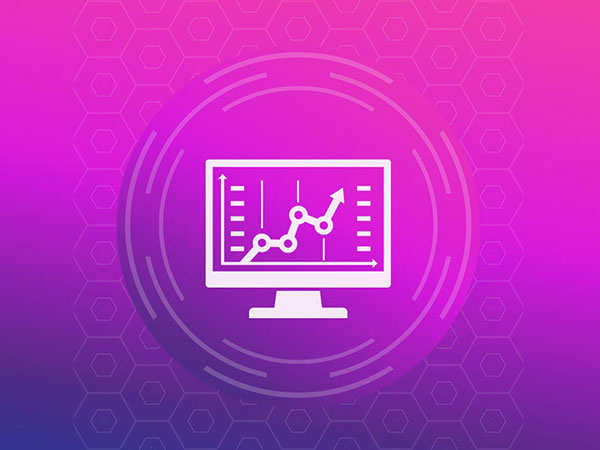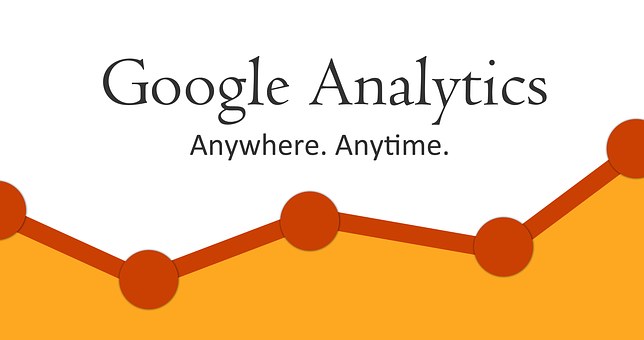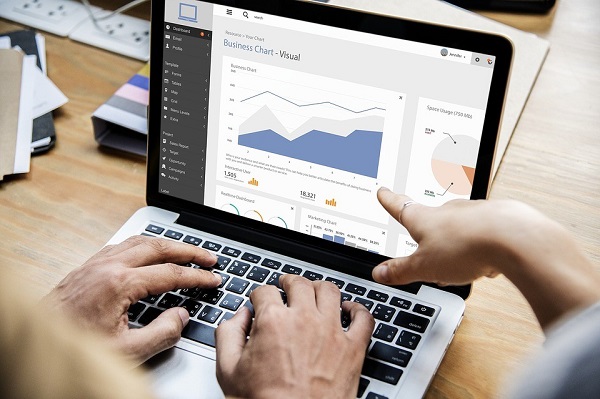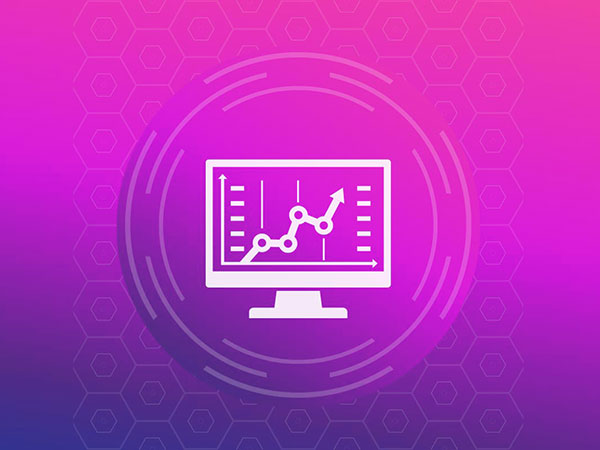In today’s world, almost any information you could ever want to learn is now available for free or very cheap to anyone with a computer. Meanwhile, in the Western world, higher education (as with most industries that are primarily run by governments) is continuously becoming more expensive and less relevant to the actual workplace. One would expect that as the ROI of formal education declines and information becomes increasingly accessible, consumers will turn to inexpensive books and free online resources for their educational needs rather than spend tens of thousands of dollars on degree programs that include such highly useful subjects as “Issues in Sports”, “Music in your Life”, “Literature and the Occult” and “Movies about Black People” (I don’t remember what the actual name was), all of which some busybodies in the Florida legislature decided should be included in my Economics degree.
Thankfully, the prospect of gaining an inexpensive, relevant, and comparatively quick substitute for a college education is now more feasible than ever. In order to illustrate this, I’ve put together a “degree” program for anyone who would like to work in data analytics. This is a huge and rapidly growing field, it is in high demand in just about every industry, and it faces a constant shortage of qualified professionals. And, as you will learn in your economics lessons that you should choose to stick with the program, high demand + short supply = big $$. That said, there is a reason for the short supply: it is difficult and not a lot of people can do it well. Generally speaking, if you have a head for math, you have a good chance at succeeding; if not, you probably don’t. Fair warning.
This program assumes a high school graduate level education to begin. Generally, that means:
– Math through Algebra 2.
– If you took Statistics, Calculus, or Linear Algebra, you’re already ahead of the game. You overachiever.
– Decent English composition ability (not directly relevant, but the ability to write coherently is extremely valuable). This includes PROPER GRAMMAR!
– Physical Science/Physics is not directly applicable, but the application of mathematical formulas to real-world scenarios is a valuable skill that is quite relevant.
Other than that, feel free to forget your history, science (of the non-mathematical variety), government, Spanish, French, sociology, etc. It will do you no good here. I will refer you to a variety of resources; some of my favorites are:
– Coursera.org, which offers free, often interactive, online courses from big name universities.
– CodeAcademy.com, which a free, interactive platform to teach you to write computer programs in the easiest-to-learn format.
So, without further ado, here is what you need to know, along with where to find it and how much it costs.
The foundation
1) Statistics: Measures of central tendency and deviation, correlation, distribution, linear regression. As of writing this, Coursera.org offers a course called “Data Analysis and Statistical Inference”, which contains everything you’ll want to know and more. It also introduces you to the R programming language, which will be useful. If this is too intense to start, start with Udacities “intro to statistics course“.
Price: free
2) Financial Accounting: Financial statements, accounts, credit/debit concepts, financial ratios, depreciation/amortization. Yes, accounting sucks, but you need to know it. Coursera offers “An Introduction to Financial Accounting”, which should cover everything you need to know.
Price: free
3) Microeconomics: Supply and demand, diminishing marginal utility, diminishing returns to scale, consumer/producer surplus, economic effects of taxation, fixed/variable/sunk costs, comparative advantage. Coursera offers a course called “Microeconomics Principles” which should cover all this.
Price: free
4) Finance: Business ownership structure, time value of money, asset valuation basics, project valuation basics, cost of capital. Coursera offers an “Introduction to Finance” that should cover this.
Price: free
5) Basic Excel, Word, and PowerPoint: Actually, Word and PowerPoint are so easy and intuitive (for all the things you’ll probably need; overachievers can get into the more advanced stuff, such as mail merge in Word), you probably don’t need any instruction at all. Just tinker with them a bit. We’ll focus on Excel, which is by far the most important computer program you could possibly know. Mathematical formulas, charts, formatting, hiding rows/columns, relative/absolute references. There are some nice tutorials available here.
Price of Tutorials: free
Price of MS Office Professional: $160.
6) Basic Coding: If/Then statements, mathematical operators, For/Next loops, arrays. CodeAcademy.com makes this super easy and kind of fun (if you’re a nerd). I recommend the Python course.
Price: free
The specifics:
1) Intermediate Excel: vlookup, sumif/countif, pivot tables, advanced charts, data connections. See the link from the beginner Excel part.
Price: free
2) Introduction to Relational Databases: Just watch this video.
Price: free
3) Access: creating tables, creating queries, creating reports, linking tables, importing data from Excel, update queries, make table queries. There is a nice tutorial available here
Price: free for the tutorial; Access is included in your MS Office Professional from the Excel class.
4) SQL: Select, update, delete, create table, conditions, inner/outer/left/right joins, group by, order by, partition by, data type conversions, subqueries. There is a very easy, interactive course available at SQLCourse.com. Be sure to take the second, more advanced course as well. This is one of the most important items on your agenda, so I highly recommend creating some practice databases of your own once you’re finished and dreaming up the most complicated queries you can. You can write SQL queries in Access (which is a bit of a pain), or you can download a program called MySQL(for free). If you want to learn My sql, then I would highly recommend the course by Bucky Roberts.
Price: free
5) Statistical Data Analysis: Advanced regression, decision trees/random forests, exponential smoothing, seasonality. There is a lot you can learn on this topic from various sources; I recommend the course “Data Analysis” on Coursera.
Price: You guessed it: free.
Bonus Round (for you overachievers). I’ll let you find the courses yourself, now that you know where to look:
1) VBA for Excel and Access (visit AdvancedExcelOptmization.com for some cool examples of what VBA can do)
2) SharePoint
3) Linear Algebra
4) Calculus I
5) Machine Learning
6) R
There you have it. If you take four of these courses at a time for three semesters, you’ll have finished the whole regular program in a year, all for a mere $160. The Bonus Round will take longer (some of these subjects are hard!), so I recommend taking one at a time during your spare time while you’re working a lucrative job as a data analyst at a great company.
The last thing I’ll leave you with is a few tips for how to go about looking for a job once you are overflowing with data knowledge. Most of these jobs require a bachelor’s degree. Don’t worry; you have something better. You just need to communicate it. Your resume should list relevant skills (should include everything you learned here) FIRST, job experience SECOND, and education LAST. Why? Because employers care a lot more about what you can do than what pieces of paper you have hanging on your wall. In your education section, list all of the courses you took (you can include the tutorials, etc. that don’t really count as “courses”; nobody will know). If you are currently taking more courses/tutorials as you are applying for jobs (Bonus Round, anyone?), list those as well under the heading “In Progress”.
Relevant job listings might have the titles “Data Analyst”, “Reporting Analyst”, “Business Analyst”, or “Statistical Analyst”. You can generally just search for the word “analyst” on any job board and get a whole bunch of relevant results. Also, be sure you include all your newfound skills on your LinkedIn page (if you don’t have one, get one); recruiters are constantly looking for this skill set and will contact you to offer you jobs if you meet their criteria.










![7 data-driven ways to optimize your online store for mobile [Infographic]](https://crayondata.ai/wp-content/uploads/2019/11/optimize-1.jpg)


![Top tips and tricks to improving your customer experience [Infographic]](https://crayondata.ai/wp-content/uploads/2019/01/customer-journey-1.jpg)









